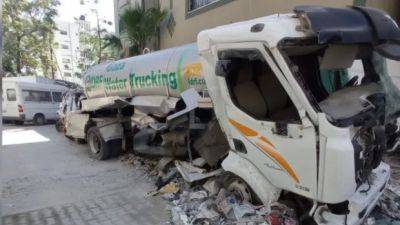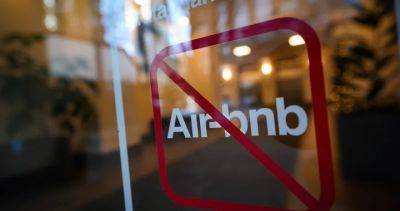Sask. First Nation says it won't lift long-term boil water advisory until every house has direct water line
Leaders on a Saskatchewan First Nation say they won't lift a decade-old boil water advisory until every home in the community has direct access to clean water from the local treatment plant.
Indigenous Services Canada (ISC) can recommend that a boil water advisory be lifted, but it is ultimately up to the local chief and council.
Peepeekisis First Nation, located about 110 kilometres northeast of Regina, has had a boil water advisory active since 2014, when some issues were found at the water treatment plant. The plant has been repaired and is back to producing clean water, but many homes don't have direct lines.
«Our chief came back to the federal government to say that we are not going to lift our boil water advisories until we get clean drinking water to every home in the nation,» said Cordel Pinay, Peepeekisis's director of capital and community infrastructure.
Pinay said there are 154 homes in the community and only 22 — all part of a new subdivision — have water lines connecting them directly to the water treatment plant. The 132 homes without direct lines get their water from cisterns or private wells.
Water for the cisterns is taken by truck from the treatment plant. Pinay said this means there are multiple ways for the water to become contaminated — in the trucks or in the cisterns, which are hard to clean and in some cases getting old.
«The infrastructure is aging,» he said «A lot of them are cracked. They get contaminated.»
He said people have seen animals crawl into cisterns.
«It's not a healthy system for our community,» Pinay said.
Pinay said the cost to build water lines to every home was estimated in 2021 to be around $10 million. Part of the issue is how far from the main water line many of the homes on







